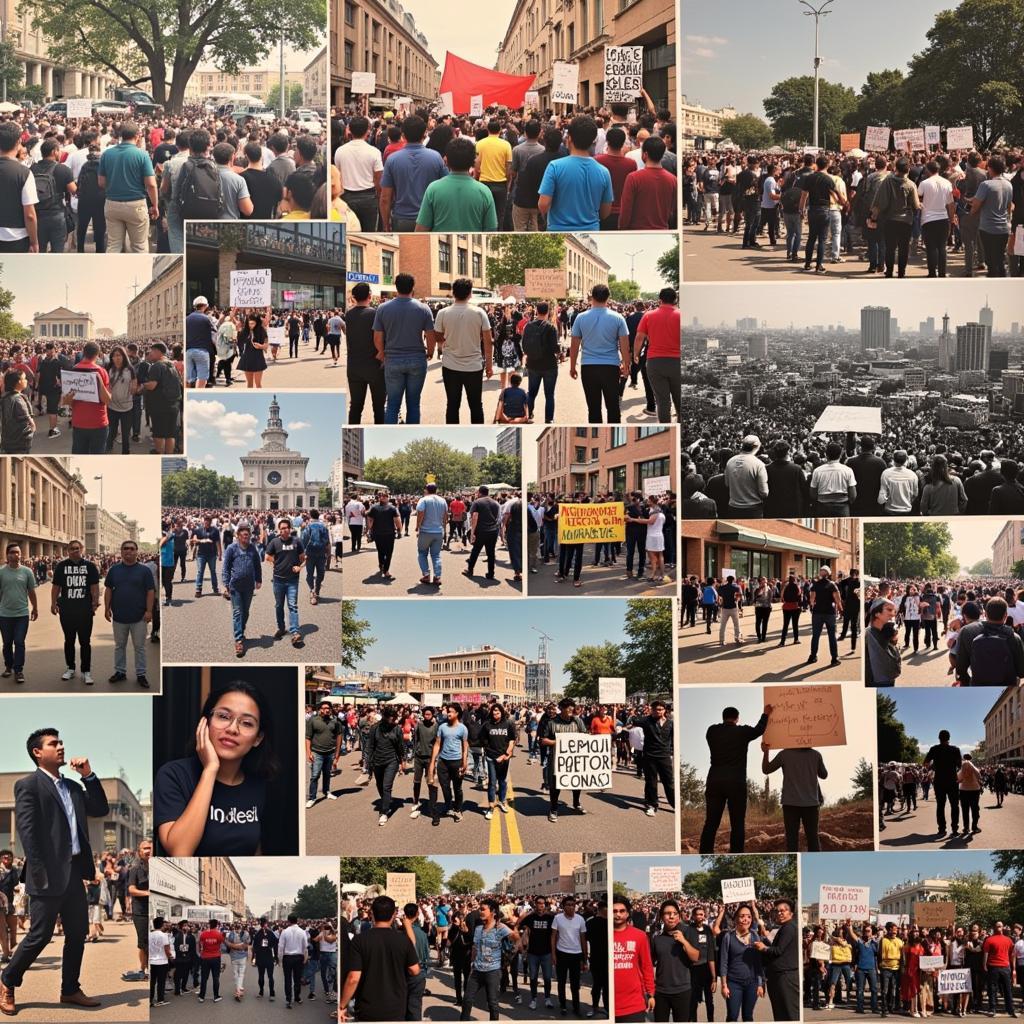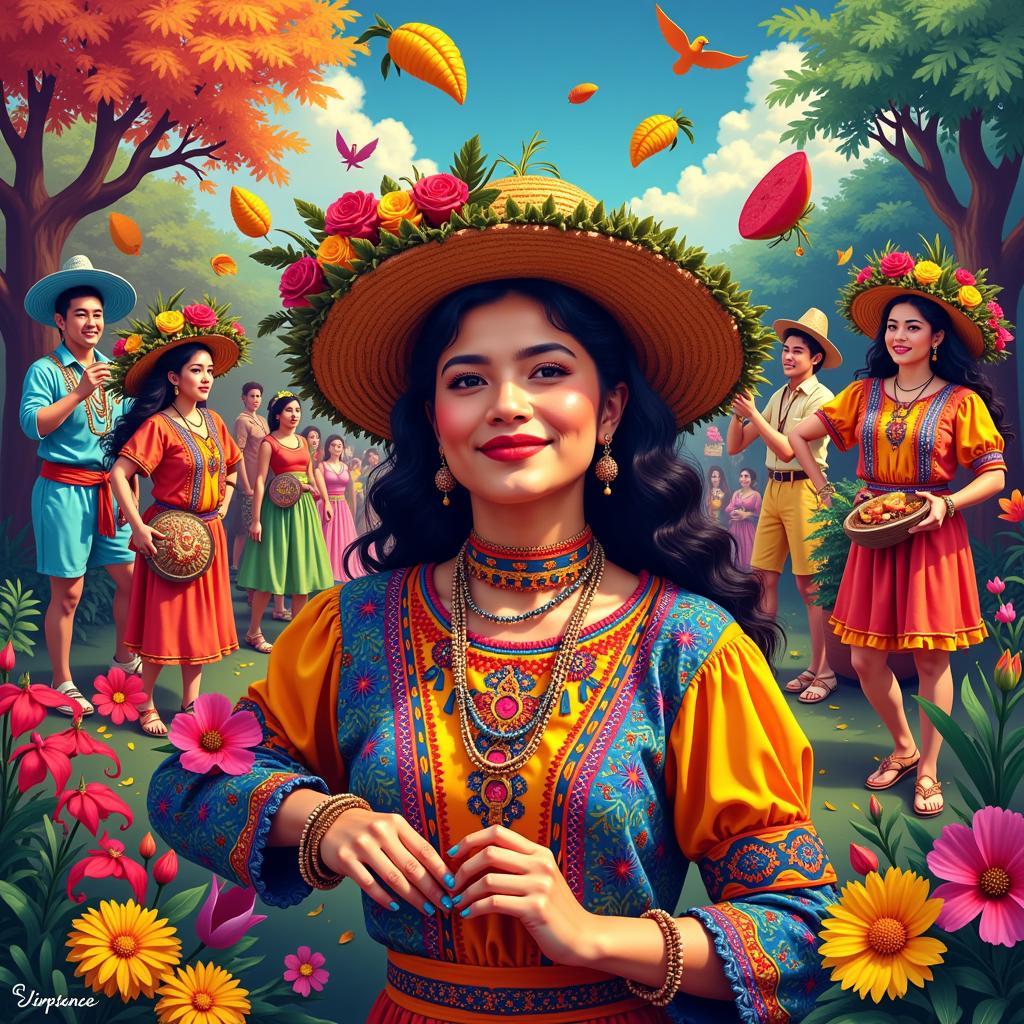Latin American politics and society have been shaped by a complex interplay of historical, economic, and social factors. From pre-colonial civilizations to the present day, the region has experienced periods of both great upheaval and remarkable progress. This article delves into the multifaceted landscape of Latin American politics and society, providing a comparative and historical analysis.
Colonial Legacies and the Struggle for Independence
The colonial era left an indelible mark on Latin America, shaping its political, economic, and social structures. The Spanish and Portuguese empires imposed their systems of governance, religion, and social hierarchy on the indigenous populations. The extraction of resources and the exploitation of labor created profound inequalities that continue to resonate today.
The late 18th and early 19th centuries witnessed a wave of independence movements across Latin America. Inspired by Enlightenment ideals and fueled by growing discontent with colonial rule, these movements led to the creation of new nations. Key figures like Simón Bolívar, José de San Martín, and Miguel Hidalgo emerged as leaders in the fight for independence.
The Rise of Caudillismo and the Challenges of Nation-Building
Following independence, Latin American nations faced the daunting task of nation-building. The legacies of colonialism, including weak institutions, social divisions, and economic dependence, presented significant obstacles. In many countries, power vacuums emerged, leading to the rise of caudillismo, a system of personalistic rule by strongmen.
Caudillos often emerged from the military or landed elites and maintained their power through patronage, coercion, and appeals to populism. While some caudillos contributed to stability and modernization, their rule often hindered democratic development and exacerbated social inequalities.
The Impact of the Cold War and the Rise of Authoritarianism
The Cold War had a profound impact on Latin American politics. The region became a battleground for ideological struggles between the United States and the Soviet Union. The US, driven by the goal of containing communism, supported right-wing dictatorships and intervened in the internal affairs of several countries.
The 1960s and 1970s witnessed the rise of authoritarian regimes across Latin America. Backed by the military and often supported by the United States, these regimes sought to suppress dissent, eliminate leftist opposition, and maintain order through repressive means.
 Latin American Protests and Social Movements
Latin American Protests and Social Movements
Transitions to Democracy and the Challenges of Consolidation
Beginning in the 1980s, many Latin American countries transitioned from authoritarian rule to democracy. This wave of democratization was driven by a combination of factors, including economic crises, popular mobilization, and international pressure. However, the process of democratic consolidation has been uneven and fraught with challenges.
Latin American democracies have faced issues such as weak institutions, corruption, inequality, and the legacy of authoritarianism. The role of the military, the influence of economic elites, and the persistence of social divisions continue to shape the political landscape.
Conclusion
Understanding Latin American politics and society requires a nuanced perspective that takes into account the region’s rich history, diverse cultures, and complex social dynamics. From the legacies of colonialism to the challenges of democratization, Latin America continues to grapple with issues of inequality, governance, and development. By examining its past and present, we can gain a deeper appreciation for the region’s unique challenges and opportunities as it navigates the 21st century.
FAQs
What are some key features of Latin American politics?
How has colonialism shaped Latin American society?
What are the main challenges facing democracy in Latin America?
What are some important social movements in Latin American history?
How does Latin America’s economic development compare to other regions?
 Latin American Cultural Diversity
Latin American Cultural Diversity
Need help understanding Latin American politics and society? Contact us at 02043854663, email us at [email protected], or visit us at Khu 34, Bắc Giang, 260000, Việt Nam. Our team is available 24/7 to assist you. You can also find more information and resources on our website.